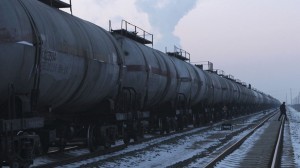It is reported by TransLink that Golden Ears Bridge loses 45 millions per year, in that fewer people are driving through than expected.
The Golden Ears could possibly $35 million to $45 million annually for the next few years although the transportation amount is increasing 2-3% each year.
“There could be many factors why fewer people are using the bridge than originally forecast,” said in an emailed statement of Sany Zein, who is TransLinl’s director of roads. “One of the major factors is that the original forecasts were prepared well before the recession of 2007/08, at a time of extremely robust economic growth and lower gas prices.
“The recession, slower economic growth, and high gas prices have all contributed to less demand than originally expected.” Zein added that.
Originally, the company expects a increase in the number of drivers gain in the future years that are “consistent with the economic growth in the market area of the bridge,” Zein said.
After the project was completed in 2009, TransLink agreed to subsidize $800-million Golden Ears Bridge for the private operator — which replaced the original plan of the company(The Albion ferry) — until it reach projected ridership figures. Tolls from the bridge linking Langley to Pitt Meadows and Maple Ridge have become cheaper of traffic projections each year of its young life except last year.
With the economic recession happened in 2008/09, the lagging transportation growth did not bring TransLink the expected profit. Currently, the fee for passing the bridge is $3, should TransLink change its price tactics to compensate for the loss of money each year?

